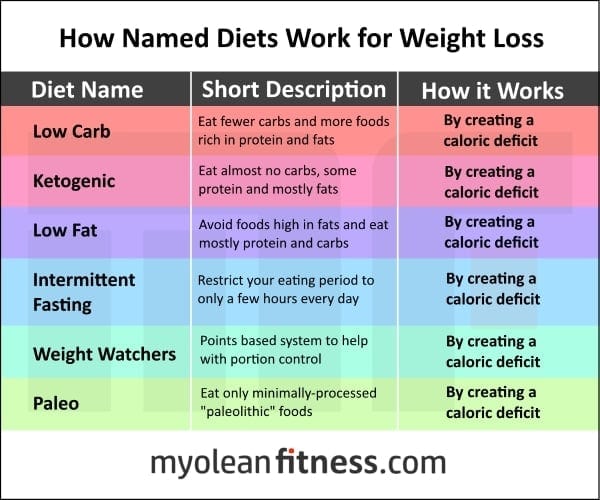Interesting reading, though a few things jump out at me.
They state the meat-focused low-carb diet had the lowest consumption of fruit and veg on average, but any low-carb diet worth its salt would advise to eat plenty (actually loads) of low carb vegetables and even certain fruit (mainly berries) as long as you maintain your macros.
https://www.dietdoctor.com/low-carb/keto/vegetables
Yes, some people think keto/low carb means nothing but bacon, cheese and coconut oil, but this is certainly not the recommended way to eat.
There is also the table with mean data, showing the lowest carb intake group (Q1) to be more male-leaning on average (and there is plenty of known evidence of men being poor at keeping on top of their health and going for check-ups).
Q1 also had the highest mean diabetes sufferers, which could indicate many moving to keto because they already had diabetes (already putting their mortality risk higher).
Q1 also has a significantly higher amount of current or past smokers, which again will up their over all mortality risk.
Q1 also had the lowest score for fibre intake. Low carb and fibre intake are not mutually exclusive.
Q1 had the lowest score for excercise.
So taking their dietary macro ratios out of the equation, and the Q1 group are in general leading unhealthier lives than the other Qs.
Finally, putting on my tin-foil hat (

) for a few seconds:
Novartis and
Zogenix helped to fund the study, both pharma companies with seizure, epilepsy and inflammation drugs. Studies have shown the ketogenic diet to
reduce inflammation, and it originally came about as a way to treat epilepsy in children (however that is not the same keto diet that is suggested today).
At the end of the day, finding what works for you as an individual is what matters, as mean data is mean data, and we all have our own nuances, be they metabolic, psychological, genetic, etc.



 ) for a few seconds:
) for a few seconds: